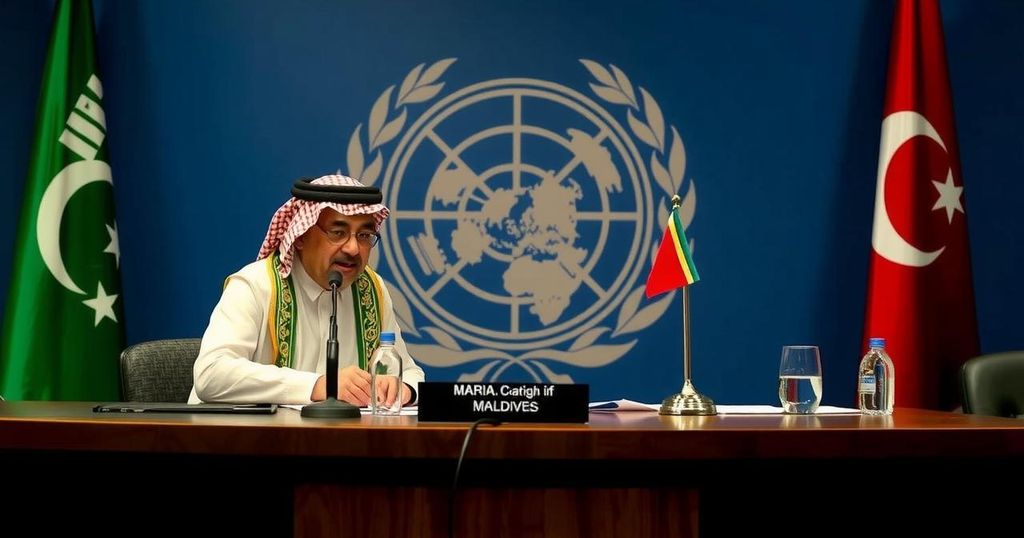Mohamed Maait Commences Role as Executive Director at IMF, Advocating for Arab Economies

Mohamed Maait, Egypt’s former finance minister, has started his position as Executive Director at the IMF, representing the Arab Group and Maldives. He aims to bolster Arab economies by enhancing financial stability, promoting private sector involvement, and seeking innovative solutions to address debt challenges. Maait promises to utilize IMF resources effectively and foster collaboration with regional institutions to help these nations tackle economic difficulties and build a sustainable future.
Mohamed Maait, Egypt’s former finance minister, has assumed his new role as Executive Director at the International Monetary Fund (IMF), representing both the Arab Group and the Maldives. He expressed his deep appreciation to President Abdel Fattah Al-Sisi for the trust shown in his nomination, as well as to Prime Minister Mostafa Madbouly and the Egyptian government, which supported his appointment during the selection process. Maait also thanked Dr. Mahmoud Mohieldin, his predecessor, for his significant contributions over the past four years in advancing the objectives of Arab nations at the IMF. In his inaugural statement, Maait affirmed his commitment to intensifying efforts in support of Arab economies by promoting sustained growth through cohesive and balanced international financial policies. He aims to reinforce financial stability and encourage sound public fiscal management, striving to establish diverse and sustainable economic foundations, particularly for developing countries. Maait particularly intends to tackle the escalating challenges posed by national debt, seeking innovative financing solutions to foster development and job creation. Furthermore, he highlighted the necessity of enhancing the private sector’s participation in economic endeavors, advocating for increased investment in a transparent and supportive business environment. He reiterated that international investments—especially private capital—must be cultivated to achieve developmental goals and satisfy the fundamental needs of the populace. In the proximal future, Maait intends to amplify the advantages that the Arab Group and Maldives can derive from the IMF’s resources and expertise, while enhancing collaborative efforts with regional Arab institutions. This strategy is vital in addressing both internal and external challenges, ultimately fostering a more stable and sustainable economic future for these nations. Maait stressed the importance of flexibility in managing unprecedented uncertainty, along with ongoing issues such as rising debt, inflation, unemployment, and the financial exigencies associated with climate change.
The International Monetary Fund (IMF) plays a crucial role in the global financial system by providing assistance to member countries to ensure financial stability and promote sustainable economic growth. The role of Executive Director within the IMF is pivotal, as it involves representing member countries, facilitating discussions on economic policies, and delivering strategies that align with the developmental needs of the respective regions. Mohamed Maait’s appointment signifies a commitment to addressing the unique challenges faced by Arab nations and the Maldives, particularly in light of rising debt levels and economic fluctuations. His strategic focus on fostering private sector engagement and sustainable economic frameworks aims to enhance the resilience of these countries in a rapidly changing financial landscape.
In conclusion, Mohamed Maait’s new role as Executive Director representing the Arab Group and Maldives marks a significant step towards strengthening the economic framework of these nations within the global financial system. His strategic priorities highlight a commitment to addressing pressing issues such as debt management, enhancing private sector participation, and fostering international investments. Through collaboration with regional partners and leveraging the resources of the IMF, Maait aims to navigate the myriad challenges faced by Arab economies, paving the way for sustainable growth and stability in the future.
Original Source: www.dailynewsegypt.com








